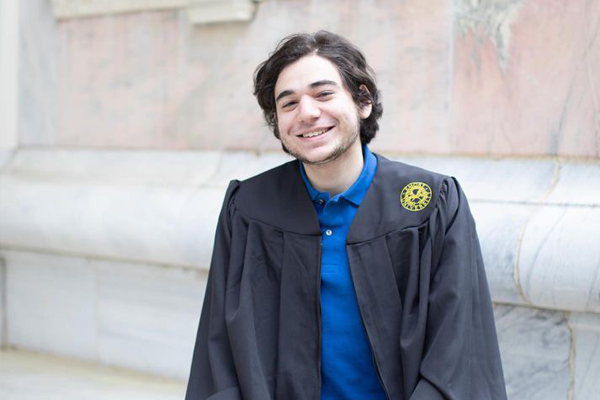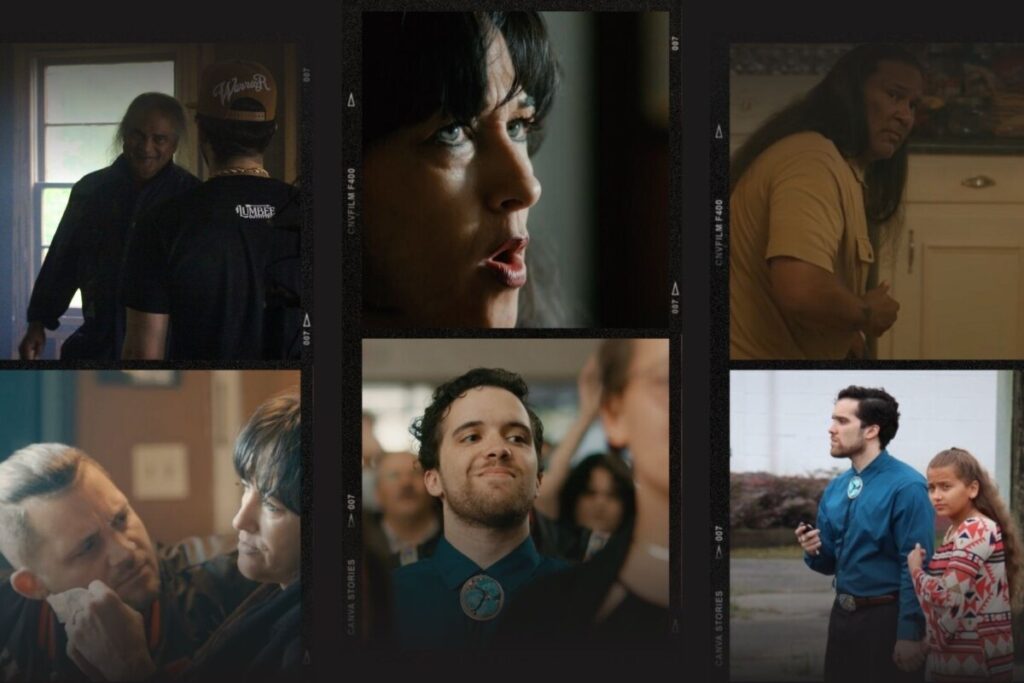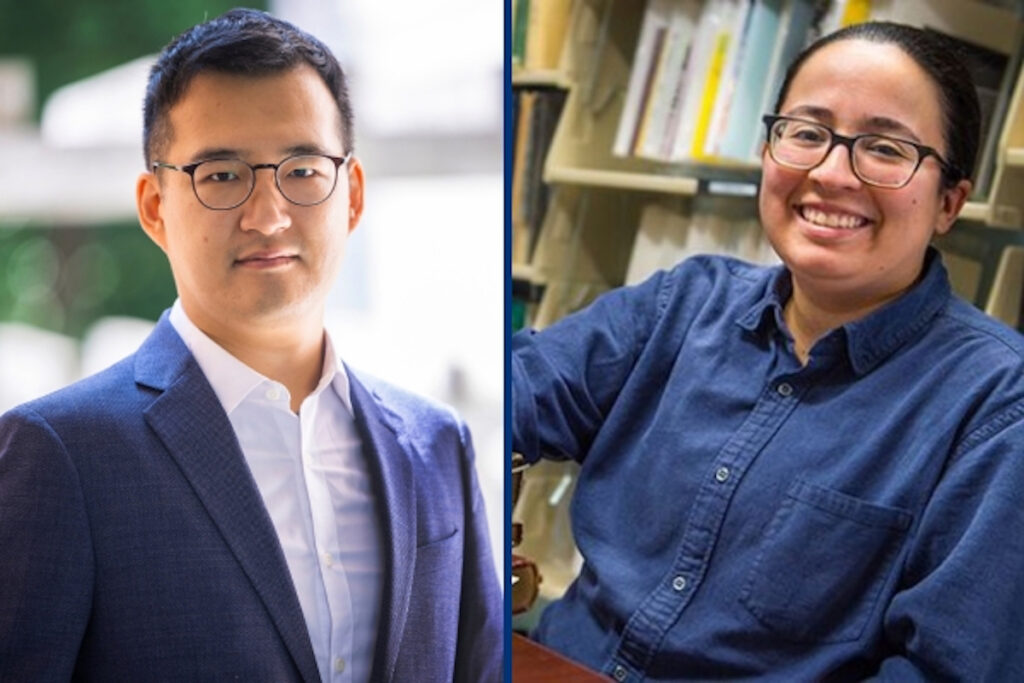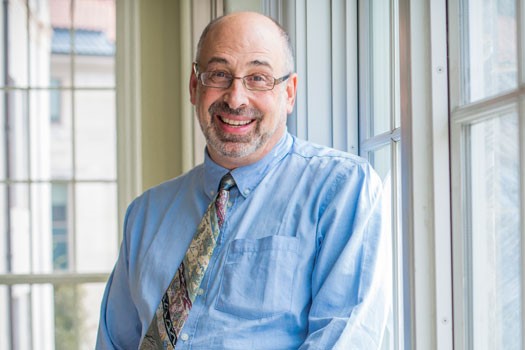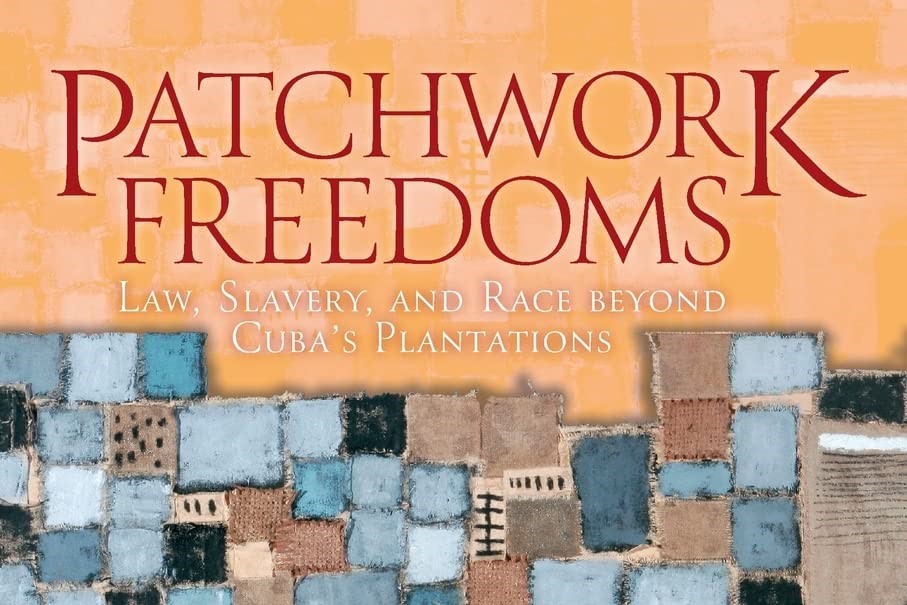
The Emory History Department is excited to welcome six new doctoral students to the department in the fall 2024 semester. The students’ specializations encompass – and compellingly transcend – an array of geographic, thematic, and chronological borders. Read abridged profiles of the new graduate cohort below and follow the links to read their full biographies on the History Department website.

Jessica Alvarez Starr received her B.A. (Spanish and History) and M.A. (Latin American Studies) from the University of Florida. Her undergraduate and master’s research focused on antislavery and anticolonial activism in nineteenth-century Puerto Rico, topics that she plans to expand upon for her dissertation. Her graduate work will be advised by Drs. Adriana Chira and Yanna Yannakakis.

Becca de los Santos received her B.A. (French and History) from Stanford University. As an undergraduate she worked on the Senegal Liberations Project and conducted research in France and Senegal for her prize-winning honors thesis. Her graduate research interests include slavery, abolition, and emancipatory trajectories in the nineteenth-century French Empire, especially Senegal, Réunion, French Guiana, and Guadeloupe. Drs. Mariana P. Candido, Adriana Chira, and Clifton Crais will advise her work.

Minju Kang received her B.A. from Ajou University and M.A. Seoul National University. Her master’s work focused on early modern Japan, particularly the impact of shogunate and domain policies on a small city in the Kantō region. Kang’s dissertation is tentatively titled “State Power and Local Society: Shogunate-Domain Relations in Japan’s Transition from the Early Modern to the Modern Era.” Drs. Laura Nenzi and Tonio Andrade will advise Kang’s work.

Tymesha-Elizabeth Kindell received her B.A. in History and Sustainable Development from Columbia University. A native of Atlanta, her research centers on race, social, and sports movements in the nineteenth and twentieth century U.S., especially in the American South during the New South Era. Drs. Carl Suddler and Jason Morgan Ward will advise Kindell’s work.

Pauli Purim Manfredini received her B.A. and M.A. from the Pontifícia Universidade Católica do Paraná. Her research focuses on histories of gender and health, particularly in twentieth-century Brazil. Her dissertation is tentatively titled, “From Menstruation to Menopause: The Medicalization of Women’s Bodies in Early 20th-Century Brazil.” Drs. Jeffrey Lesser, Thomas D. Rogers, and Kylie M. Smith will advise her work.
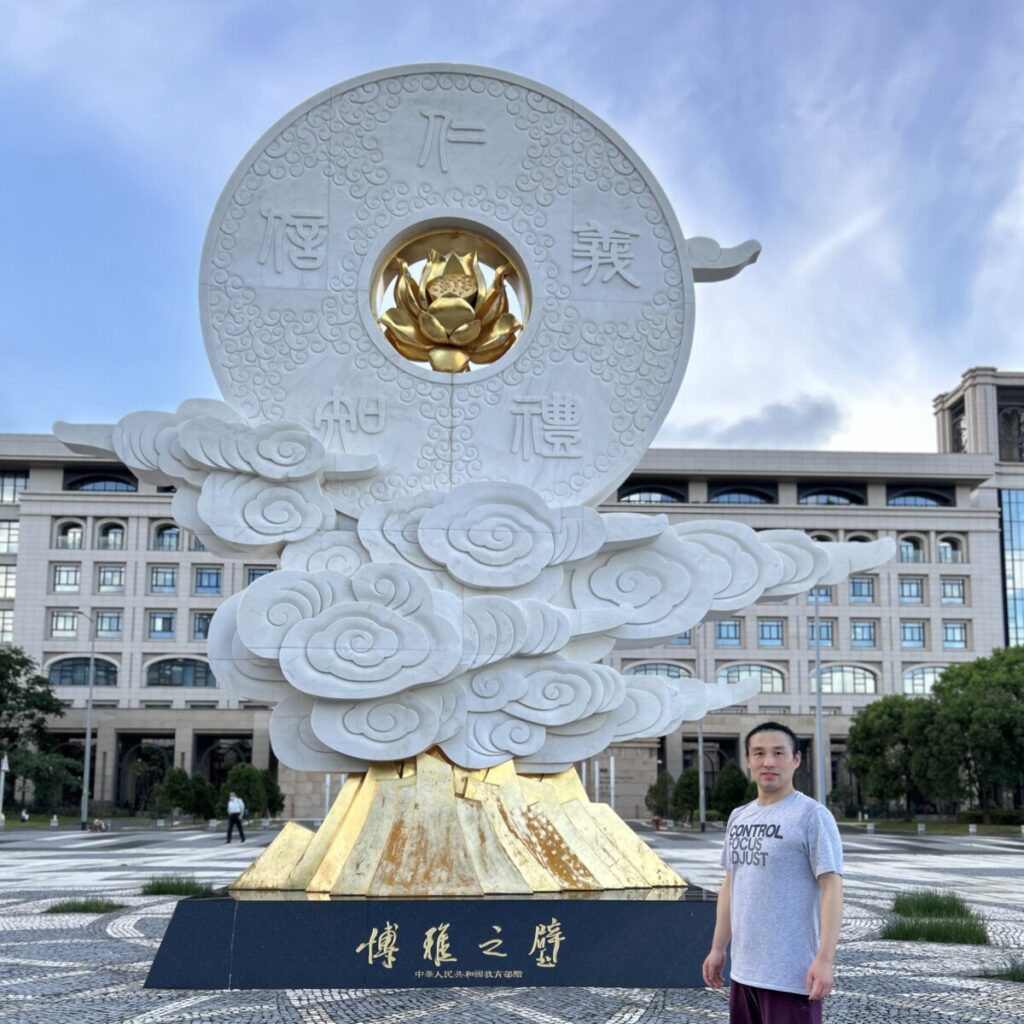
Yuan Wang received his B.A. from Anhui University and master’s degrees from Shanghai International Studies University and Duke University. His research tracks China’s unique developmental path to modern prosperity in a global context and since early modern period. His doctoral work will examine China’s silk industry and its maritime trade, particularly from 1540 to 1690. Wang’s graduate work will be advised by Drs. Tonio Andrade and Laura Nenzi.


